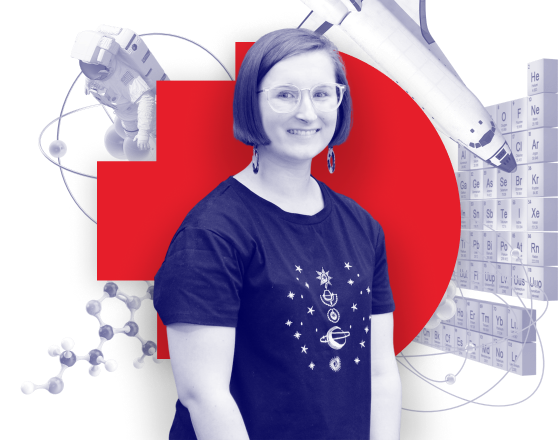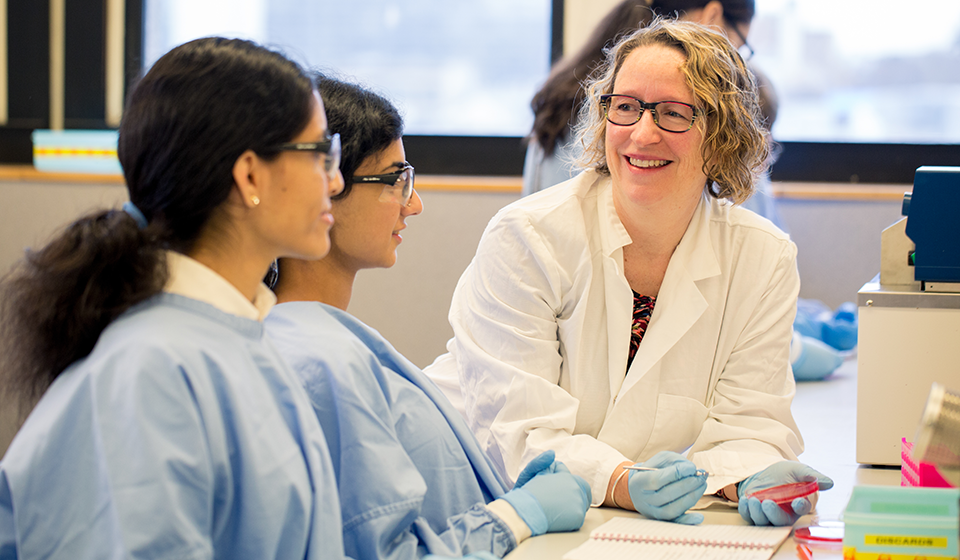Upon successful completion of the Associate Degree in Applied Science, having honed your theoretical and practical expertise in simulated laboratory environments, you will be equipped with broad and coherent scientific knowledge that you can immediately apply to your professional practice as you launch your career.
You will possess the technical capability to confidently and safely utilise laboratory materials and equipment, adhering to standard operating procedures and achieving the desired outcome.
Throughout your studies, you will learn to apply scientific principles and methods to identify and address problems in your discipline. Using critical and analytic thought, available technology, academic literature and other resources, you will be able to analyse laboratory tasks, conduct research, and prepare and present reports capable of engaging a variety of audiences. In the simulated workplace, you will further develop your skills in communication, teamwork, autonomy, and accountability, preparing you to work in a range of roles, teams, and environments.
You will build these capabilities through the lens of your subject selection, science or biomedical science. This will enable you to apply your highly specialised knowledge in the fields of science, biomedical science, pharmaceutical sciences, pharmacy, or laboratory medicine.






